Newbie trying to understand types of roses
nvsravank
14 years ago
Related Stories

DECORATING GUIDES5 Decor Trends to Try — and 5 to Rethink
Some style trends are worth jumping onboard. Others you may want to let fade from your memory
Full Story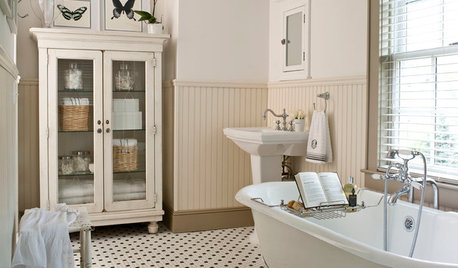
MOST POPULARMust-Try Color Combo: White With Warm Off-White
Avoid going too traditional and too clean by introducing an off-white palette that brings a touch of warmth and elegance
Full Story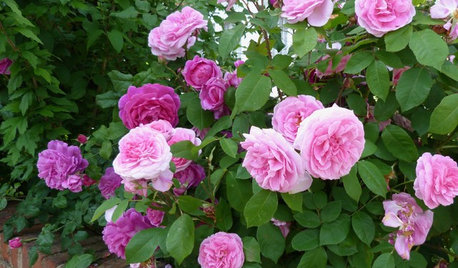
GARDENING GUIDESWhat Kind of Roses Should You Grow?
Want to add the beauty of roses to your garden? Find out which ones, from old-fashioned to modern, are right for you
Full Story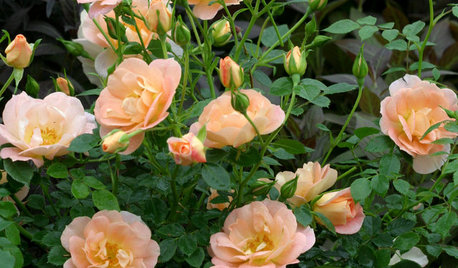
GARDENING GUIDES6 Wonderfully Easy Roses for Any Gardener
Look like an expert even if you're just starting out, with these low-maintenance gems of the rose world
Full Story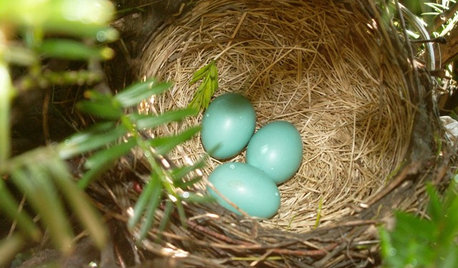
GARDENING FOR BIRDSWhat to Know About Birds Nesting in Your Yard
Learn how to observe, record data and help ornithologists with NestWatch’s citizen science project understand bird trends
Full Story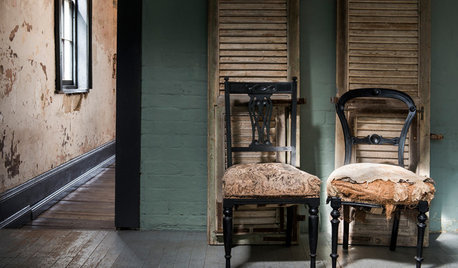
REMODELING GUIDESThe Hidden Problems in Old Houses
Before snatching up an old home, get to know what you’re in for by understanding the potential horrors that lurk below the surface
Full Story
DECORATING STYLES18 Ways to Bring English Country Charm Home
From topiaries and climbing roses to toile and tea, these design ideas can skew cozy casual or manor formal
Full Story
DECORATING GUIDESWhat Goes With Floral Upholstery?
How to decorate around floral-print furniture so that everything comes up roses
Full Story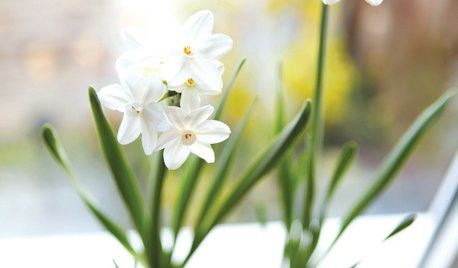
DIY PROJECTSHoliday DIY: Mason Jar Forced Bulbs and Evergreen Gift Tags
Learn how to make these winter projects from the book ‘Garden Made’ by Stephanie Rose
Full Story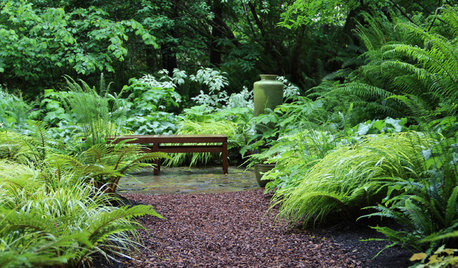
GARDENING GUIDES10 Solutions for Soggy Soil
If a too-wet garden is raining on your parade, try these water-loving plants and other ideas for handling all of that H2O
Full Story


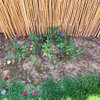
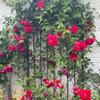
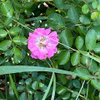

greenhaven
jerijen
Related Discussions
Rose newbie in need of weed help
Q
Newbie trying to identify a few roses!
Q
Newbie Found Worms Trying to save until I get or build some bins
Q
Soil Newbie: Trying to understand different mizes
Q
karl_bapst_rosenut
dublinbay z6 (KS)
michaelg
diane_nj 6b/7a
nvsravankOriginal Author
dublinbay z6 (KS)
karl_bapst_rosenut
curlydoc
michaelg
diane_nj 6b/7a
nvsravankOriginal Author
spawish
diane_nj 6b/7a
serenasyh
nastarana
karl_bapst_rosenut
curlydoc
michaelg
diane_nj 6b/7a
greenhaven
jim1961 / Central Pennsylvania / Zone 6
roseman